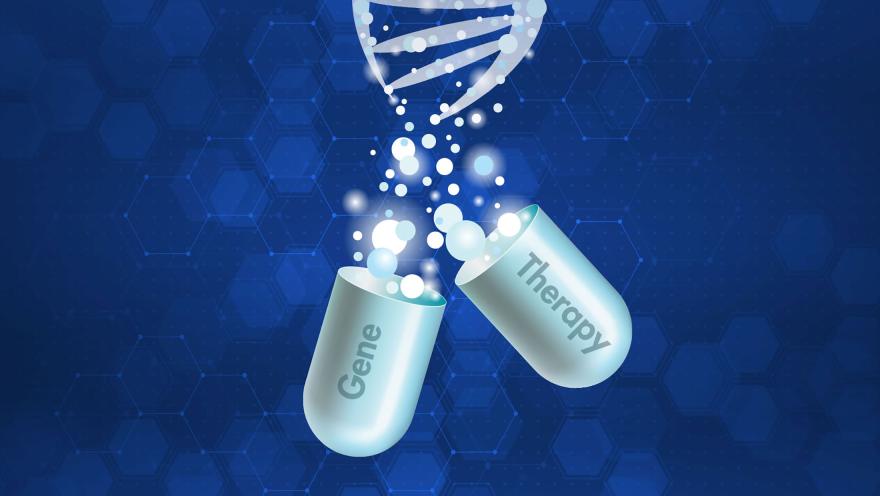By Neil Thakur, Ph.D.
Executive Vice President, Mission Strategy, The ALS Association
We are getting enthusiastic feedback and questions about our partnership with Project ALS to fund a clinical research project for jacifusen, an experimental therapy being developed at Columbia University’s Eleanor and Lou Gehrig ALS Center for FUS-associated ALS. We thought it would be helpful to describe the strategy underlying the project.
Jacifusen is an experimental treatment based on antisense technology, a way to silence genes. Jacifusen has not received FDA approval, and we do not know if it works. It is a variation of the same gene silencing approach being tested in more common ALS genes, specifically SOD1 and C9orf72.
We have received questions about why we would fund research for a drug for a rare mutation affecting such a small community of people with ALS. The short answer is, funding the jacifusen study is part of a larger strategy to ensure everyone with ALS has access to effective treatments. The project hopefully will lead to improvements in the regulation of such treatments and lead to more private sector funding for treatments of genetic variations.
Let’s unpack that a bit. The FUS mutation is one of several uncommon ALS subtypes. If not enough people have a mutation, a company will not find it profitable to develop a treatment for that mutation. In fact, right now the private sector is only funding large trials for SOD1 and C9orf72 treatments.
However, combined, rare genetic subtypes impact a significant number of families --families with genes that would otherwise not be addressed through private research funding. Rare genetic subtypes are a weak link in FDA’s approach to genetic treatments, and the jacifusen study is part of our effort to fix this problem.
The current regulatory approach is to treat every new gene targeted for treatment as a brand new drug application, even if the same technique has been approved for other genes. This is because this technology is still very new, and has not completed the clinical trial process for any gene in ALS. Until we have the science to support a streamlined regulatory process, the private sector will never invest in applying genetic treatment to rare genes, and the ALS community will never get the full benefit of genetic treatments.
Since neither private markets nor regulatory systems work well for these rare conditions, we are all improvising to move forward as quickly as possible. One woman living with ALS, the namesake of the drug, launched a public campaign to start this study months before the Association became involved. Dr. Neil Shneider at Columbia was able to start clinical work after close consultation with the FDA and recruit additional research participants through their own protocol. Unfortunately, they did not have the resources to continue the work. However, by working with Project ALS, we were able to create a non-commercial source of funding so this ground-breaking work can continue.
As the FUS clinical study moves forward, we will be working closely with its principal investigator Dr. Shneider, to help the FDA and NIH find new ways to test and approve genetic treatment for rare genes. If we can provide the FDA with sufficient experience to streamline the approval of a genetic therapy to rare genetic forms of ALS, we will reduce the financial disincentives that prevent private investment in these treatments. We will open up brand new avenues of treatment for genetic ALS- avenues that would have remained closed without our collaboration with Project ALS and Dr. Shneider.
As with all clinical research, we do not know how this will turn out. We have great scientific and philanthropic partners and an engaged FDA, so the odds are in our favor. We will keep you posted.


Join the conversation. Please comment below.